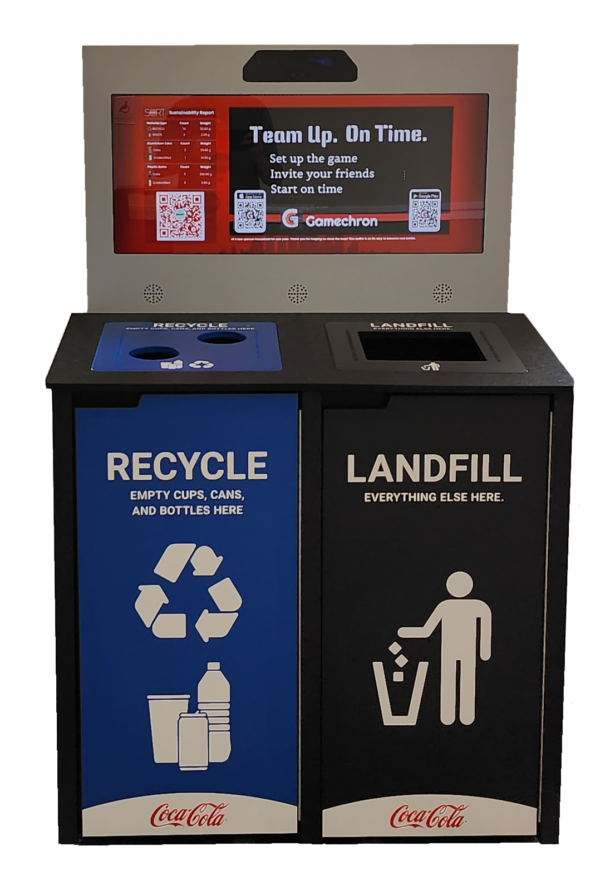In a world grappling with the environmental crisis, the concepts of recycling and upcycling have gained significant momentum. While recycling aims to transform waste into new materials, upcycling takes it a step further by creating something of higher value or quality from discarded items. Together, these practices offer a sustainable solution to reduce waste, conserve resources, and unleash creativity. In this blog post, we will explore the future of recycling and upcycling, where trash becomes treasure.
The future of recycling lies in innovative technologies that can extract valuable materials from waste more efficiently. Advanced sorting systems, such as robotic and AI-powered machines, are revolutionizing recycling facilities. These systems can identify, sort, and separate various materials with precision, boosting recycling rates and reducing contamination. Additionally, chemical recycling technologies are emerging, enabling the conversion of plastics and other materials back into their original building blocks, allowing for infinite recycling possibilities.
Upcycling takes recycling to a whole new level by transforming waste materials into artistic and functional creations. From repurposing old furniture to using discarded textiles for unique fashion designs, upcycling encourages creativity and innovation. Artists, designers, and crafters are reimagining waste as a valuable resource, giving new life to discarded items and showcasing their potential for beauty and functionality. Upcycling not only reduces waste but also promotes sustainable consumerism and individual expression.
The circular economy, a regenerative economic system, emphasizes the importance of upcycling and recycling. By integrating upcycled products into the market, we can create a demand for sustainable and unique goods. Companies are embracing upcycling by incorporating recycled materials into their products, reducing their environmental footprint, and promoting a more sustainable consumption pattern. The rise of upcycled products demonstrates the market potential of transforming waste into valuable resources, fostering a circular and sustainable economy.
Community-based recycling initiatives are gaining momentum as people recognize the importance of collective action in waste management. These initiatives involve local communities coming together to recycle and upcycle materials. Community recycling centers, swap meets, and repair cafes are becoming popular, promoting resource sharing, skill exchange, and waste reduction. By fostering a sense of community and collaboration, these initiatives not only reduce waste but also create a platform for knowledge sharing and creativity.
To fully embrace the future of recycling and upcycling, education and awareness play a crucial role. By educating individuals about the importance of waste reduction, recycling processes, and upcycling techniques, we can empower people to make sustainable choices in their daily lives. Schools, organizations, and governments can play a pivotal role in promoting environmental education and raising awareness about the potential of recycling and upcycling. By fostering a culture of sustainability, we can inspire a generation that values creativity, resourcefulness, and environmental stewardship.
The future of recycling and upcycling holds tremendous potential for transforming waste into valuable resources. Innovative recycling technologies, the rise of upcycled products, community-based recycling initiatives, and education and awareness are shaping a future where trash becomes treasure. By embracing these practices, we can reduce waste, conserve resources, and promote a sustainable and circular economy. Let us reimagine our approach to waste and unleash our creativity to build a future where every discarded item has the potential to become something valuable and beautiful.




